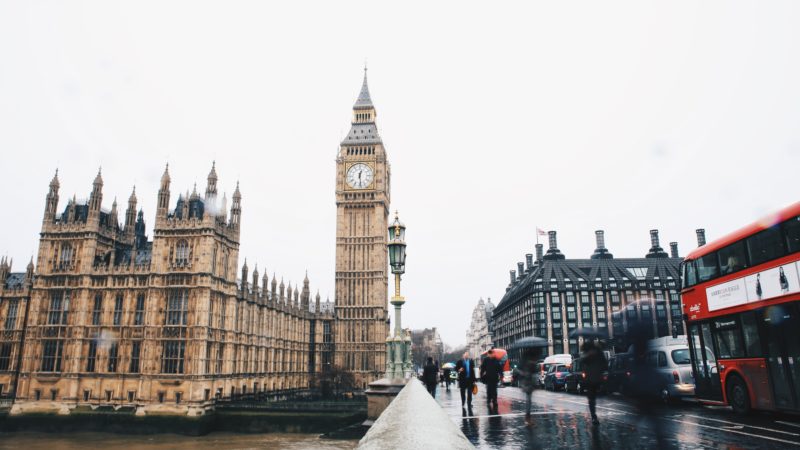
Metro mayors from across England have argued that the Tory ‘levelling up’ agenda will not become a reality due to the “Westminster bubble” that means “for far too long, too many decisions have been taken in the interests of London”.
At a session of the business, energy and industrial strategy committee this morning, mayors expressed frustration over excessive centralisation, with Andy Burnham saying that England has “devolution in name but not in reality”.
The Greater Manchester metro mayor said he was left “open-mouthed” as the government today announced more support for Tier 2 businesses despite areas in the North being under such rules and without extra support for months.
Burnham told the committee: “I think maybe if we all think about it positively, perhaps this a moment where England grows up a little around devolution and the relationship between Westminster and the rest of the country.
“The culture is still: Westminster holds all the power and all the money, and the mayors on this call have to go on bended knee and we have to plead at times for some of that money. And I think that’s where this is still wrong.
“We have kind of got devolution in name but not in reality yet and England needs to decide if it wants devolution in reality, because otherwise if Westminster carries on holding all the power, levelling up will be a slogan rather than a thing that happens.”
The former MP for Leigh and 2015 Labour leadership candidate concluded: “You can’t level up from Whitehall, you can’t just drop projects on places and call that levelling up.”
The Greater Manchester mayor has been battling with the government over the implementation of Tier 3 Covid restrictions in his region. He and other local leaders opposed the severe restrictions unless more support was offered.
Negotiations with the government broke down this week as ministers refused to offer £65m in support, and it was confirmed that the region would be forced into Tier 3 restrictions on Friday evening without local agreement.
Burnham also told the BEIS committee that he was shocked by Chancellor Rishi Sunak being set to announce a new package of measures for regions under Tier 2 Covid restrictions in his economic update today.
The mayor said: “I honestly was just open-mouthed when I read the headlines last night that there was going to be a support package that was billed as being for London and Birmingham and… we’ve been under these restrictions for three months.”
He added: “Bolton had their pubs closed for three weeks with nothing, absolutely nothing, despite the fact we did raise that on a regular basis and it does bring me finally to ask what this whole week was about then?”
The Chancellor has announced to the House of Commons the new measures since the committee met this morning, including business support for Tier 2 areas that will be applied retrospectively going back to August.
The panel today, which was focused on post-pandemic ‘levelling up’, featured local leaders including Liverpool metro mayor Steve Rotheram and North of Tyne metro mayor Jamie Driscoll alongside Burnham.
Rotheram criticised UK over-centralisation and said until power was really given to devolved leaders across the country the government would struggle to fulfil its levelling up agenda set out in the general election campaign.
The former MP for Liverpool Walton added: “Something needs to happen, we need meaningful economic progress because without that we won’t address the underlying social, educational and health disadvantages in our areas…
“When I was in parliament, I truly understood what the Westminster bubble really is. And for far too long, too many decisions have been taken in the interests of London… and that has been hugely disadvantageous to areas such as ours.”
North of Tyne metro mayor Driscoll told the committee that he believed “distributed leadership” was key to making sure people in every region are supported by the government, as it allows for more reactive leadership.
Driscoll said: “If all of our modern corporations understand distributed leadership… and all modern militaries do it, then surely a modern democracy should be distributing command to the people who are close to the decisions?”
The Tory campaign in the general election last year emphasised a levelling up agenda across the country, promising to reverse years of chronic under-investment in the North and other regions outside of the south of England.
The Labour Party has repeatedly criticised the government’s claims to be battling regional inequality in recent months and accused the government of “turning their back” on levelling up in August.




More from LabourList
Ashley Dalton resigns as health minister for cancer treatment
Paul Nowak column: ‘Labour must focus on the basics’
‘Labour’s two-child cap victory rings hollow while asylum-seeking children remain in poverty’